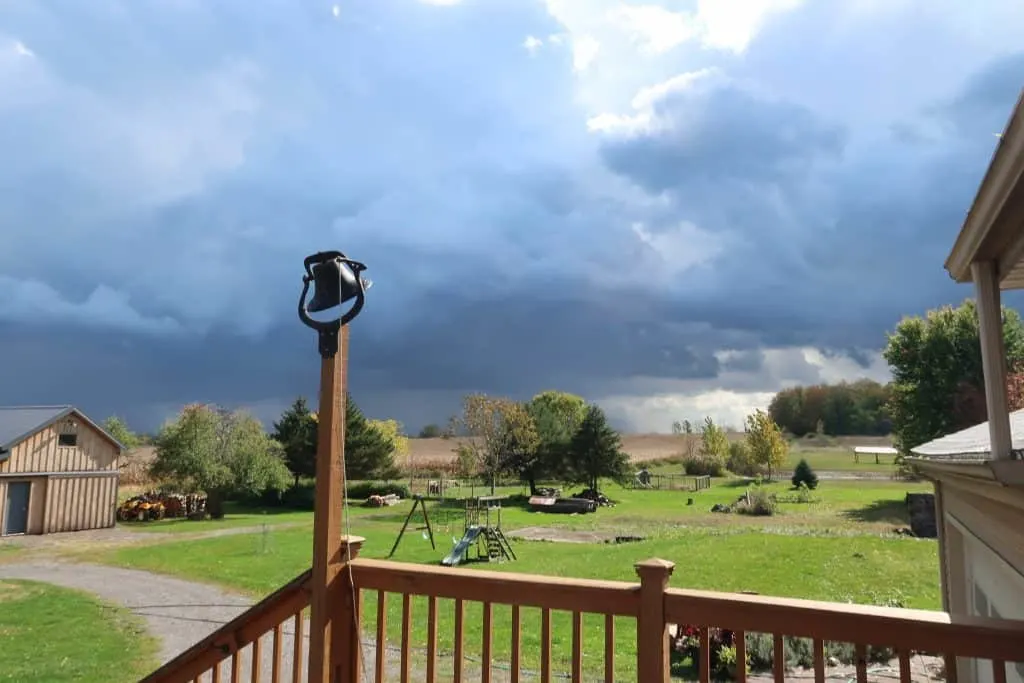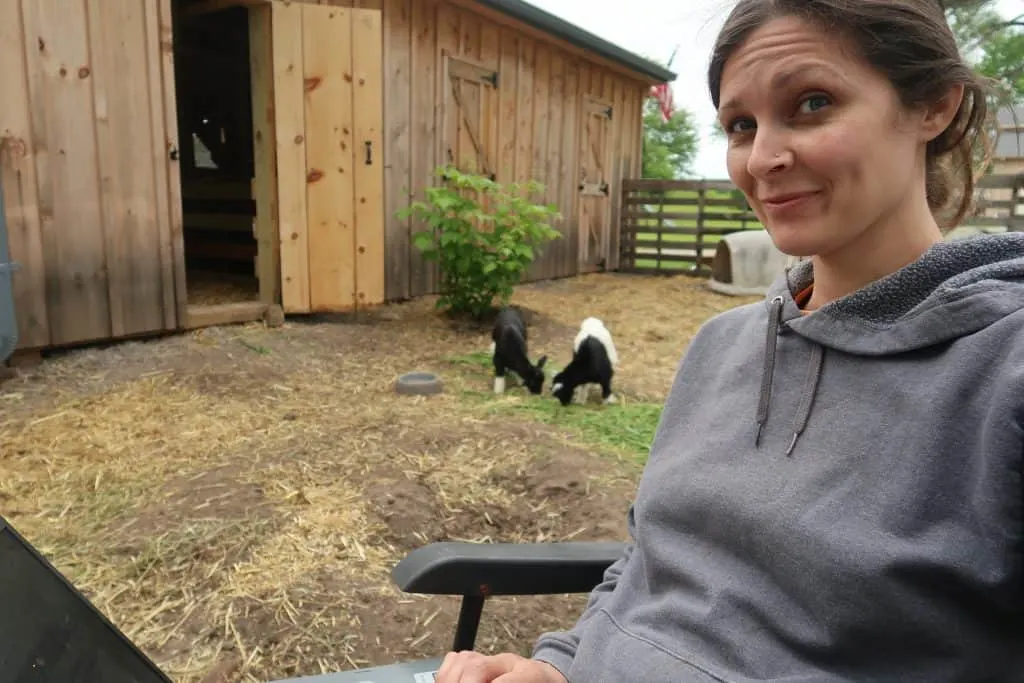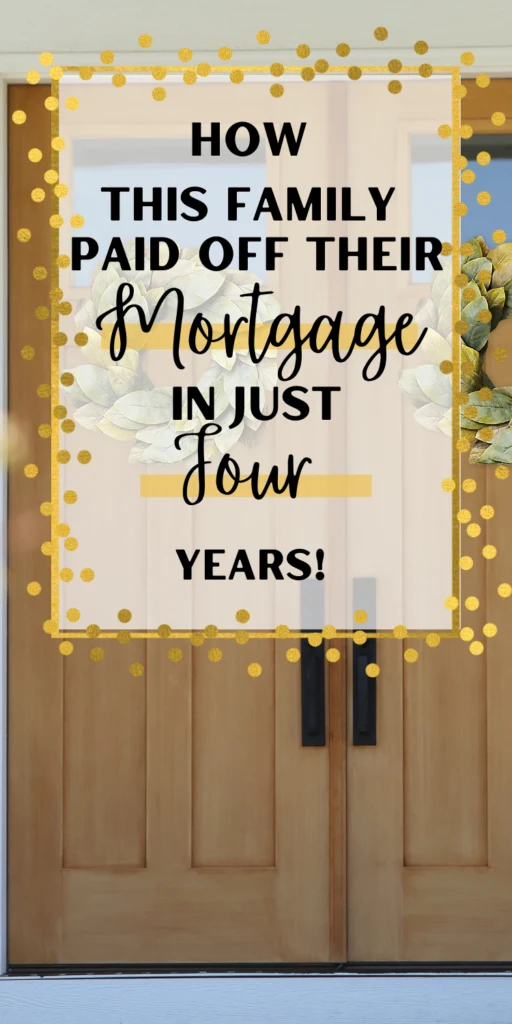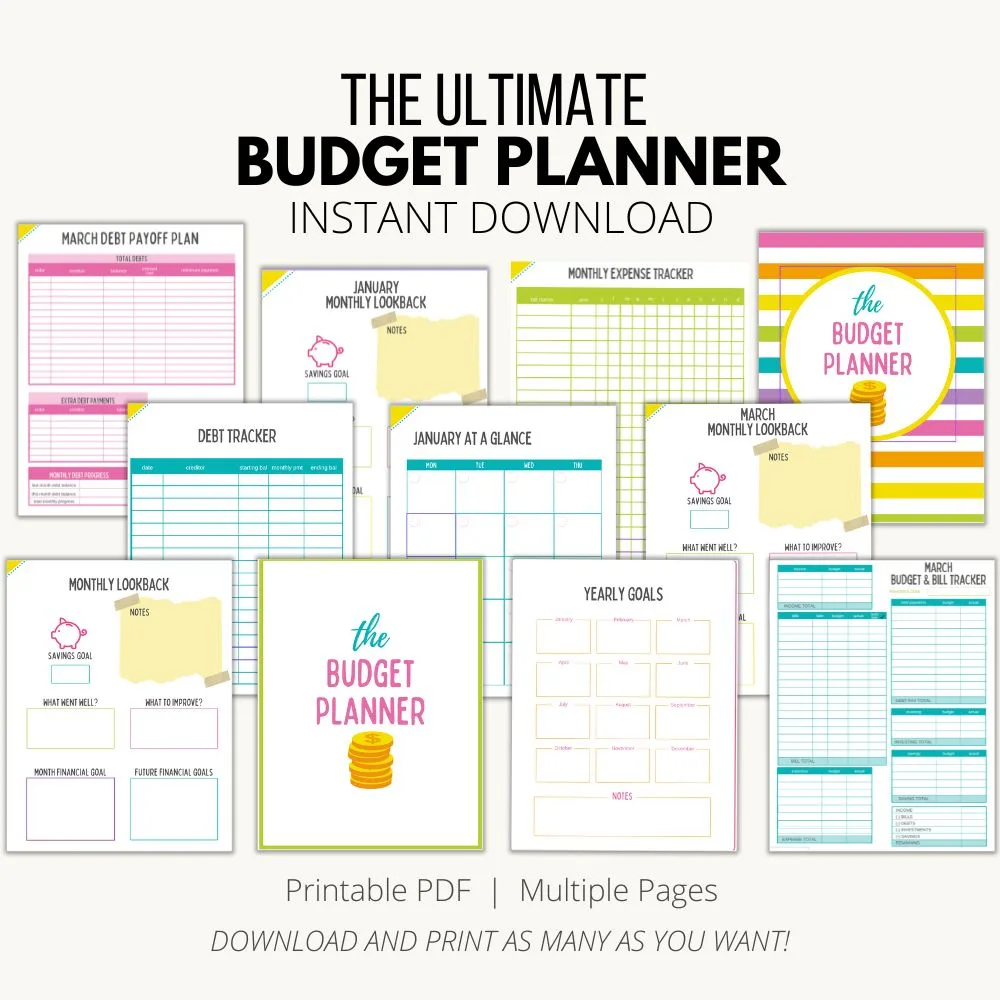What a year this has been, the year 2020. Back in 2016, we moved out to an 1850s farmhouse with 11 acres of land. Finding this place in the middle of our debt-free journey was like hitting the jackpot.
We’ve always wanted to live out in the country, and now we were. Right after we moved in, it was a ton of stress on us as a family. Our girls were three and five. This wasn’t our first home. You know, not many people talk about how stressful it is buying your second home as a family.
We moved into this home with lots of wallpaper and bright yellow woodwork. Oh, and this bright green color in the indoor porch.
But the view always has been fantastic.

I was starting to make money with my blogs. Before we moved in, my 1st Batavia’s Best Bargains blog was all about deals in our small town. But, moving 15 minutes away and out in the country, I had a budget to take it in a different direction.
On top of that, I was already managing the BJs blog– that a stranger on the internet messaged me, telling her God told her to ask me to buy her blog.

Yes. It’s true and incredible. But, that’s for a different day.
Deal blogs are exhausting. Sure, you can turn a slight profit sooner, but you need to be active constantly. Chasing deals is a lot of work. But for the almost two years I was doing it, I loved it. We were conquering our debt, and saving money on EVERYTHING was my outlet with a baby and toddler.
Following Dave Ramsey’s plan, we knew paying off a mortgage was a thing, a step. But, before Dave Ramsey, I didn’t realize people actually did that.
A quick thing about Dave Ramsey, we didn’t follow all his steps exactly. We didn’t take financial peace. I read his book Total Money Makeover while my husband listened to his radio show on his way to work. ( He has a 45 min. commute each way)
I wasn’t sure why.

Until I looked at the amount of interest, we would pay over 30 years. So don’t let that slide by you. Right now, go and get your recent statement or sign in to your account and look at the interest you will be paying for the entire life of the loan.
That’s a lot of money. Money that you don’t necessarily have to pay.
I was down for paying two extra payments a year to help reduce the loan.

Then after we moved into our farmhouse and my BJs blog started making a full-time income, we decided right there that day, we were going to pay our mortgage off in seven years.
Why seven? It seems the most feasible. But spoiler alert, we ended up doing it in four years.
We used this mortgage calculator to get us started. Then, we looked at how feasible it was to put that much extra down.
A week after we made a game plan, we got a letter in the mail letting us know that they did not figure all of our taxes into our escrow account. We now had an extra $300 to pay every month. In addition, our mortgage payment went up to $300 a month.
While it was a setback and the first thing I thought was- we can’t put that much extra on the mortgage now, we instead prayed.
If you are a Christian, let me remind you how powerful and life-changing it is to pray over every situation before reacting based on emotions.
After letting it sink in for a few days, we knew how grateful we were because my blog was making enough to cover this cost each month.
We said maybe we couldn’t pay it off in seven years, but we will pay it off early. It crushed me because I’m a goal-getter, a little competitive, and obsessive about financial goals.
But what could we do? I was already spending so much time blogging, kids, animals, and fixing up an old house.
I couldn’t get more money.
Then something amazing happened. A new affiliate program because available for one of my blogs, and it transformed our debt payoff.
I still believe that to this day, because of our commitment and trust in God, paying off this mortgage and not getting sidetracked with that extra payment came as a blessing.
Because we were already used to paying off debt for the last five years and always living on one income ( I did get a part-time job, and we put all that money towards debt)
We were okay with putting all my extra blogging money towards the mortgage. Living below your means is a key to paying off debt, but it’s also a huge mindset relief.
In the blogging world, there are many different streams of income you can obtain.
I like to put mine in categories of bills. So, for example, my coupon prints will be fun money. Another affiliate program will be grocery money etc.
My husband’s income has always been to pay the bills, put extra in savings.
We stayed diligent like this, living below our means from 2016-2020. ( Even now in 2022 we are still living below our means- even though our means have increased.)
Right before the Covid-19 outbreak hit, we knew we would be able to pay our mortgage off that year. We waited during March because it was some crazy time, and thought will we need it?
BUT again, we prayed about it. We didn’t feel right NOT paying it off when we knew we were there. We had everything else good to go. Dave Ramsey advises having three months of expenses in savings as a bare minimum once you reach what you still want to maintain and add to it.
We invest, save, and continue to grow our income, so we went ahead with paying it off.

And I haven’t regretted it for a minute. Do you know how amazing it is to have that big of a bill gone each month? Although paying taxes still bothers me here in NY because I would love just not to have any payment, but such is life.
We did it by being consistent, praying constantly, and living below our means.
Was it worth it? Of course. Five years ago, we could have never afforded to go out to eat every week. Now we can. But do I want to? Nope. But is it nice to have a spur of the moment and go out to eat and not worry? YES!
Financial freedom will never have you regretting.
TOOLS
Head here to figure out your mortgage payoff
Check out these examples from here.
Let’s say your remaining balance on your home is $200,000. Your current principal and interest payment is $993 every month on a 30-year fixed-rate loan. You decide to make an additional $300 payment toward principal every month to pay off your home faster. By adding $300 to your monthly payment, you’ll save just over $64,000 in interest and pay off your home over 11 years sooner.
Consider another example. You have a remaining balance of $350,000 on your current home on a 30-year fixed rate mortgage. You decide to increase your monthly payment by $1,000. With that additional principal payment every month, you could pay off your home nearly 16 years faster and save almost $156,000 in interest.
Grab my Budget Planner today!

Prepayment penalty
Many mortgage loans do not have a pre penalty for paying off early. Always call about your specific loan, though.
There are also Federal laws that prohibit penalties for paying off a mortgage early.
Tips to Get you started
When we first started, our goal was to try to put $100 a month extra. Some months that was a stretch. Then we increased it based on our budget and income.
You could also divide your payment by 12 and add that amount to each monthly payment or pay half of your payment every two weeks. The bi-weekly payment schedule adds up to one extra payment each year. This can save you $24,000 and four years off your mortgage.
Dave Ramsey does recommend another option to convert your 30-year mortgage into a fixed-rate, 15-year home loan.
“Not only will you pay off a 15-year mortgage in half the time, but you’ll also pay much less in interest.”
Once you get into that 15-year-mortgage, increase your payments, if possible, to pay it off in, say, 10 years. Or, if refinancing your 30-year mortgage isn’t feasible, pay toward your mortgage like it’s a 15-year mortgage. Either way, you’ll have more money each month even sooner to invest for retirement, save for college, or put toward some other goal.”
Another option is to downsize your home. If your mortgage payment is already a stretch each month, consider a smaller home with a smaller mortgage payment.
I hope this helps encourage you to keep it ongoing. If you have any questions at all, drop them in the comments below.
Well How Much Was Your Mortgage
I’ve shared a lot more about debt-free living on my Tiktok account, and many people start asking, “How much was your mortgage?”
Here’s the thing with that. I’m sure some mean well and truly want an idea of how much it was and how much we had to put down- but it’s only to COMPARE to what they can do.
The thing is, the amount of my mortgage means nothing to you. Why? Because we are two completely different people. Our end goals are the same, but it won’t necessarily be the same way we get there.
I find, too, if I was to tell you the exact amount and how much extra we paid, many would give up before they started. Or some would say, well, ours is triple that amount, so we can never do it in four years.
Before you even let your mind go there, figure out your game plan.
Use this mortgage calculator and figure out how you can pay it off.
In Dave Ramsey’s baby steps, he recommends putting 15% of your income into retirement savings. So keep that in mind when you are looking to pay extra.
Honestly, we tackled our mortgage like we did any other debt. We saved money and put any extra that we had into our mortgage. As our income increased, our payments on the house increased.
Thanks for joining me on this journey and reading this entire story!
